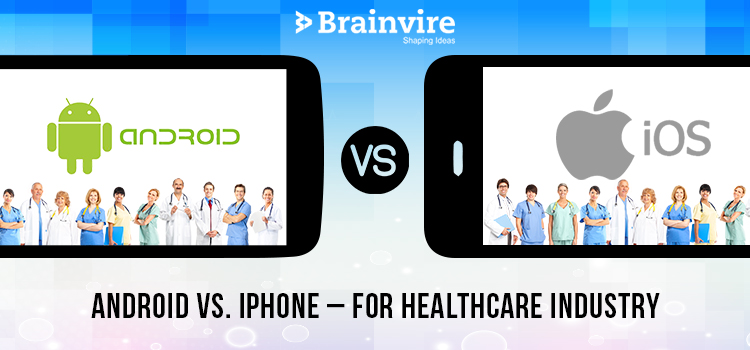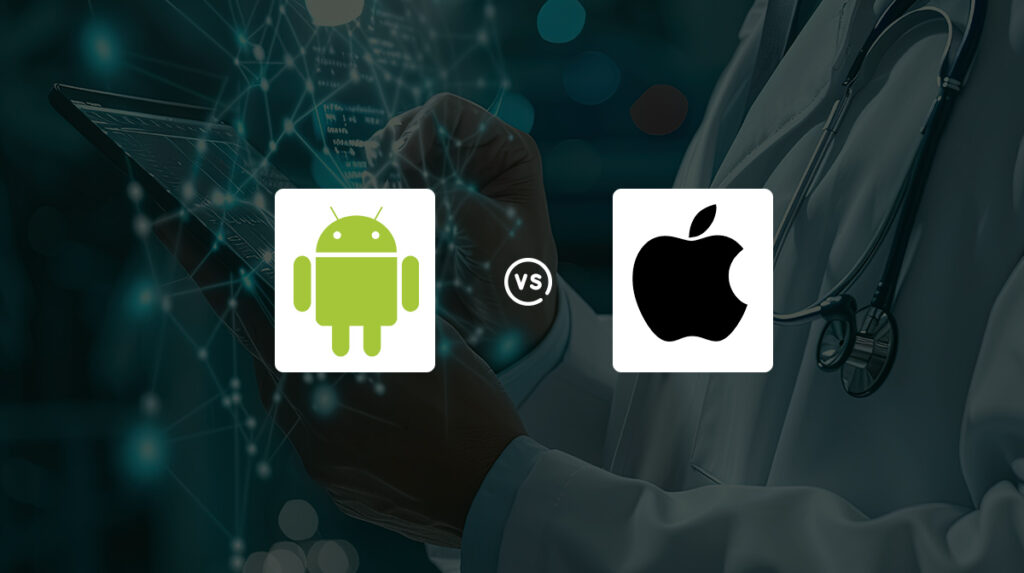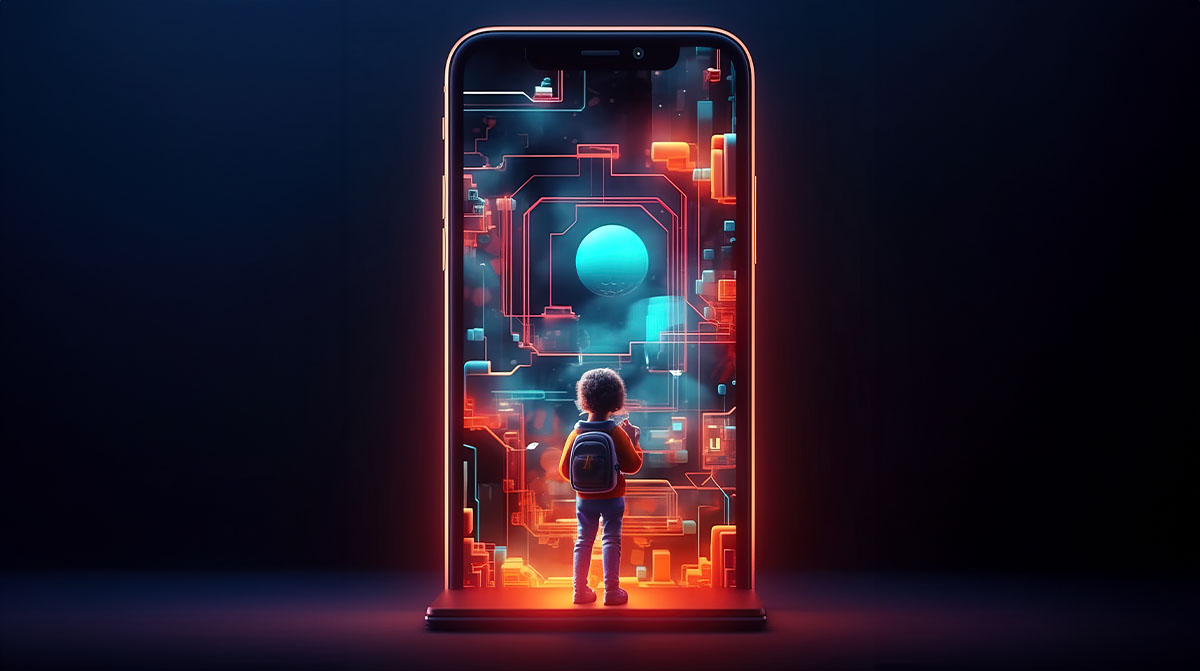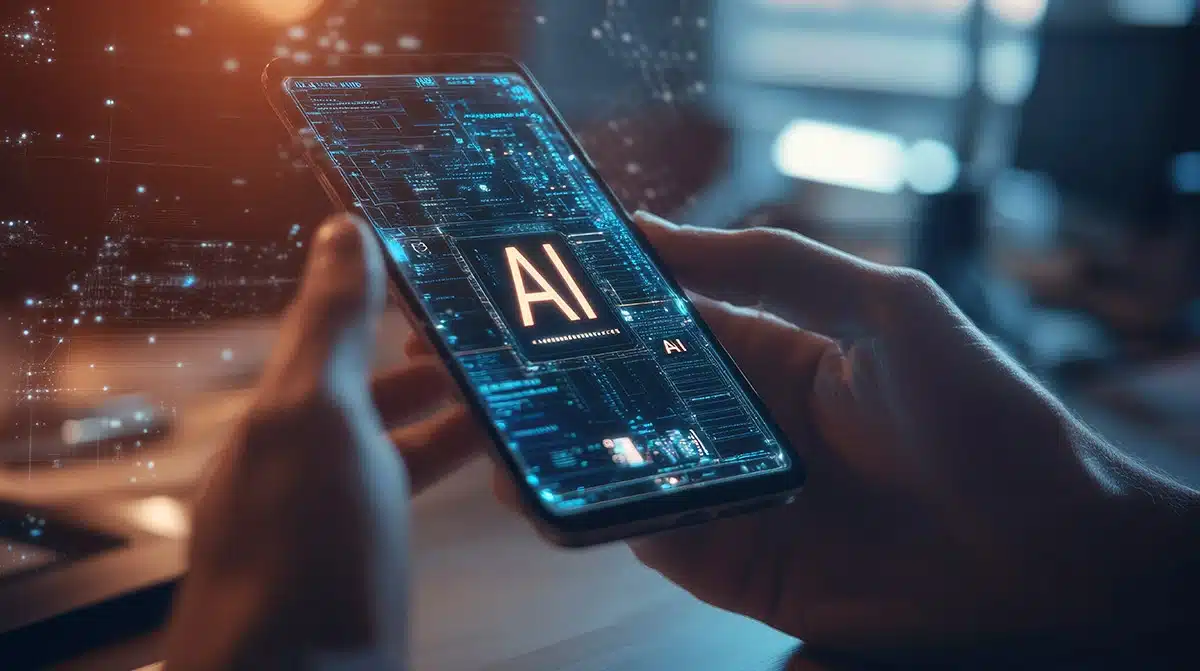
iPhone and Android are the two most popular operating systems used today. Each of them is constantly trying to leave no stone unturned both in terms of the end-user and the developer. While both are them are widely popular among the masses and have their own advantages and disadvantages but in this article, we will analyze the pros and cons of both iPhone and Android from the medical app developers point of view.
- Operating system
Android and iPhone both are based on UNIX and the main point of difference is the UI. Apple is the ultimate smartphone for both the user and the developer. Apple’s marketing strategies make sure that the iPhone is always in the news no matter what defects it has. Hence, it is the most preferred operating system for many iPhone developers and users.
Android had a to deal with a lot of struggle before it actually offered serious competition to the other OS. Android is now recognized as one of the widely popular operating system and better known for its true potential and versatility in offering Android app development services.
- Device compatibility
The major advantage Apple offers to its users is just one solution for all its mobile devices. The iPhone app developers have to deal with only one platform so they don’t have to face major compatibility issues during the mobile app development process. Also, testing gets a lot simpler with fewer OS versions.
On the other hand, Android is used by major brands and devices so it tends to be more complicated for Android app developers. This gets more critical with the medical apps as they may work just fine on one device but may be incompatible with the other devices. However, if you look on the brighter side Android is not at all limited to only one device but offers a complete array of enterprise solutions to both the end-user and the mobile app developer.
- Hardware issues
iPhone has one single vendor and manufacturer so one hardware problem can create too much havoc in the industry like healthcare.
Android has a lot of manufacturers and vendors hence, any hardware issues can be resolved easily and quickly merely by just simply switching to some better manufacturer.
- Final conclusion
Both iPhone and Android are highly popular and excellent mobile devices having their own pros and cons. However, it’s absolutely necessary for both the medical institutions and medical app developers to fully analyze the negatives and positives of each of these mobile platforms before actually developing a medical app. Have more to share? Then leave your replies in the comment box below…!
Contact Brainvire a leading Android development company to hire android developers.
Related Articles
-
Hire iPhone App Expert For Top Class And Innovative App Development
If you do not possess advanced technical knowledge and coding skills to create your mobile app aligned with your mission-critical business needs then you can Hire iPhone App Expert to
-
Bootstrap – An Awesome Platform for Mobile App UI Development
Talking About Bootstrap – An Awesome Platform for Mobile App UI Development, Apps power today’s smart phones and are the most important aspects of any latest mobile phone available in
-
Mobile App Development Meets AI: Steps to Build Future-Ready Apps
The era of simplistic mobile apps has passed. Today’s users expect their apps not simply to function, but to learn, adapt, and serve as personalized companions, powered by advanced artificial



